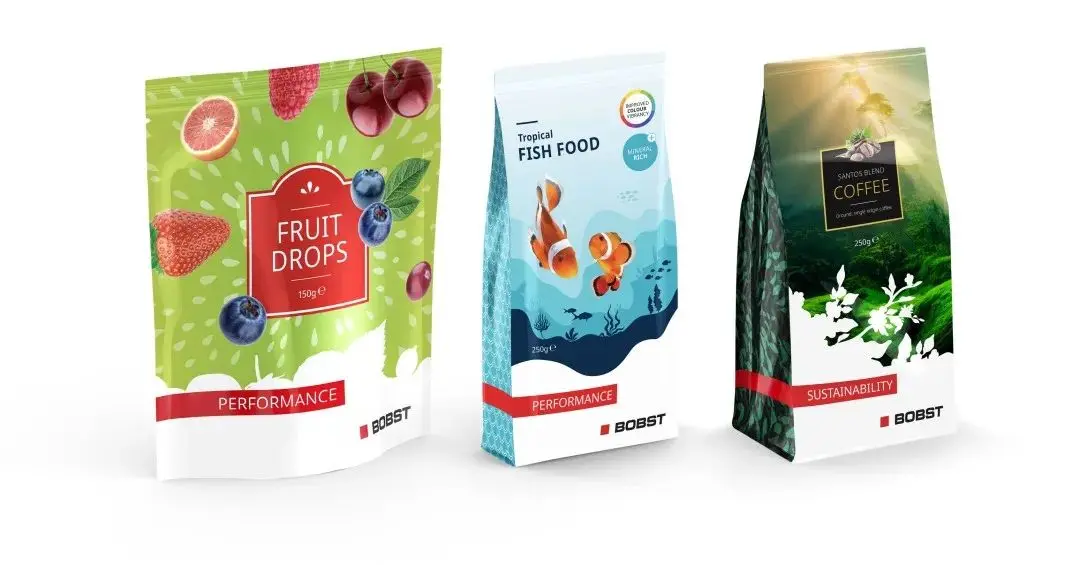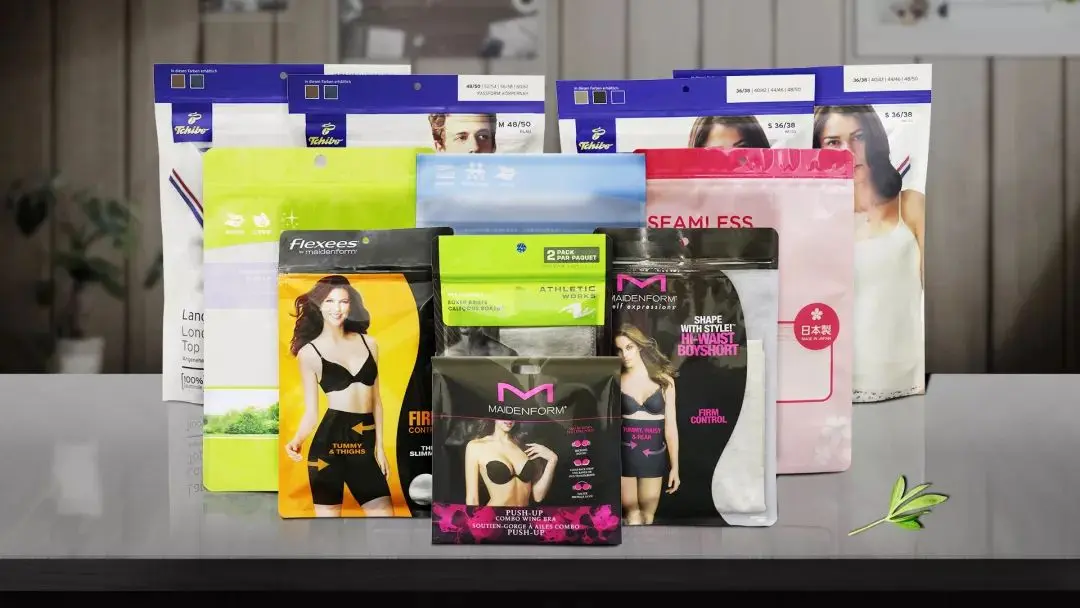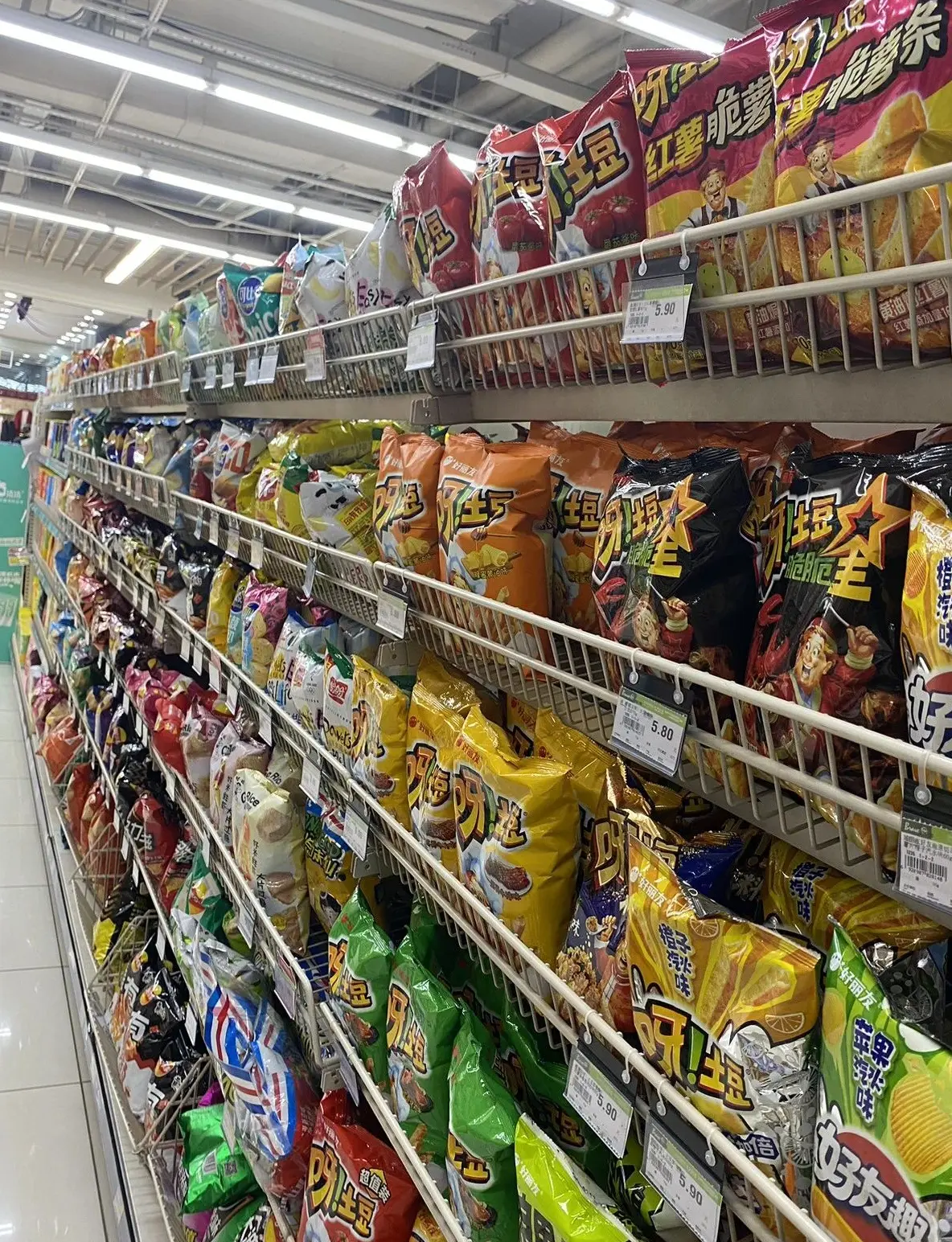Soft packaging is made from various materials such as polyethylene, polypropylene, and polyvinyl chloride (PVC). It can include features like resealable zip-lock bags and nozzles for easy resealing, and it can also be displayed on shelves. Soft packaging is easily moldable, cost-effective, and requires fewer materials, making it a preferred choice for brand owners.
1. Soft Packaging Enhances Brand Marketing:
For snack brand Snaffling Pig, soft packaging has been instrumental in the company’s rapid growth. Soft packaging allows brand owners who value change to easily redesign their packaging while ensuring consistent quality. Snaffling Pig’s founder, Nick Coleman, has been committed to using soft packaging since the company’s inception in 2015.
Coleman, with his business acumen, was able to build a profitable startup and scale it, and his focus on packaging marketing played a crucial role. He stated, “Brand promotion is a significant part of our business. We are a laid-back brand, not going for luxury, easy to approach but very clever. We found inspiration in the packaging of well-known crisps brands like Pipers and Tyrrells, which stood out from traditional pub snack packaging in our target pubs and bars.”
Coleman understood the importance of keeping the packaging attractive. He said, “We could have partnered with a branding agency to develop packaging designs, but we preferred to do it ourselves. While this meant incurring some costs, we could make adjustments at any time and add new content to the packaging. We want to interact directly with consumers, so attractive soft packaging is necessary.”

2. Soft Packaging Can Be Biodegradable:
“Two Farmers Crisps” is a well-known snack brand in the UK that uses soft packaging to keep its crisps fresh, attracting many consumers. The brand uses NatureFlex 100% biodegradable packaging bags from packaging manufacturer Futamura.
The brand’s founders, Sean Mason and Mark Green, are two farmers who work with local suppliers and growers to establish a farm-to-packaging model. The company carefully controls every step of the process, aiming to produce sustainable products, reduce food miles, and minimize the environmental impact of packaging.
Sean Mason said, “As potato wholesalers, I wanted to protect the environment around us, and we are the first crisp brand in the UK to introduce 100% biodegradable packaging bags. Throughout the production process, we use renewable energy to grow delicious and healthy food. We believe it’s meaningless to make tasty crisps and use environmentally unfriendly packaging, so packaging is an essential part of our brand spirit.
“We use 100% biodegradable soft packaging bags made from cellulose and sustainably grown eucalyptus trees. This means they are entirely biodegradable and can turn into fertilizer after being placed in a home composting environment for 20 weeks. Being compostable at home is crucial; we use the lightest packaging possible, without the need for specific recycling schemes, making it easy for consumers to compost at home and return nutrients to the soil.”

3. 100% Compostable Soft Packaging:
Soft packaging manufacturer Futamura offers the NatureFlex product range. Andy Sweetman, Futamura’s Marketing Manager, explained why this special packaging film has become popular. He said, “Futamura aims to provide customers with environmentally friendly packaging materials to meet the growing demand for sustainable packaging from consumers. This product range offers reliable performance, a range of shelf-life options for brand owners, helps optimize the sustainability of raw materials, and reduces the environmental impact.”
NatureFlex packaging stands out on the shelves, allowing brand owners to differentiate themselves with 100% compostable packaging, which is a powerful marketing tool. This product range was launched in 2003 and has now been redesigned, with the cellulose films naturally decomposing after use. Brand owners are increasingly shifting production to NatureFlex, producing more compostable films and packaging. The fresh food market has fundamentally driven the demand for compostable packaging, especially in the organic sector. Drawing from this experience, Futamura plans to launch innovative soft packaging that offers longer shelf life, marketing advantages, and easy transport.
Soft packaging provides numerous opportunities for brand businesses’ growth, development, and innovation. Regardless of the size of the enterprise, they want to be eco-conscious, build their brand, and achieve better development, making soft packaging a wise choice.

Post time: 09-12-2023

